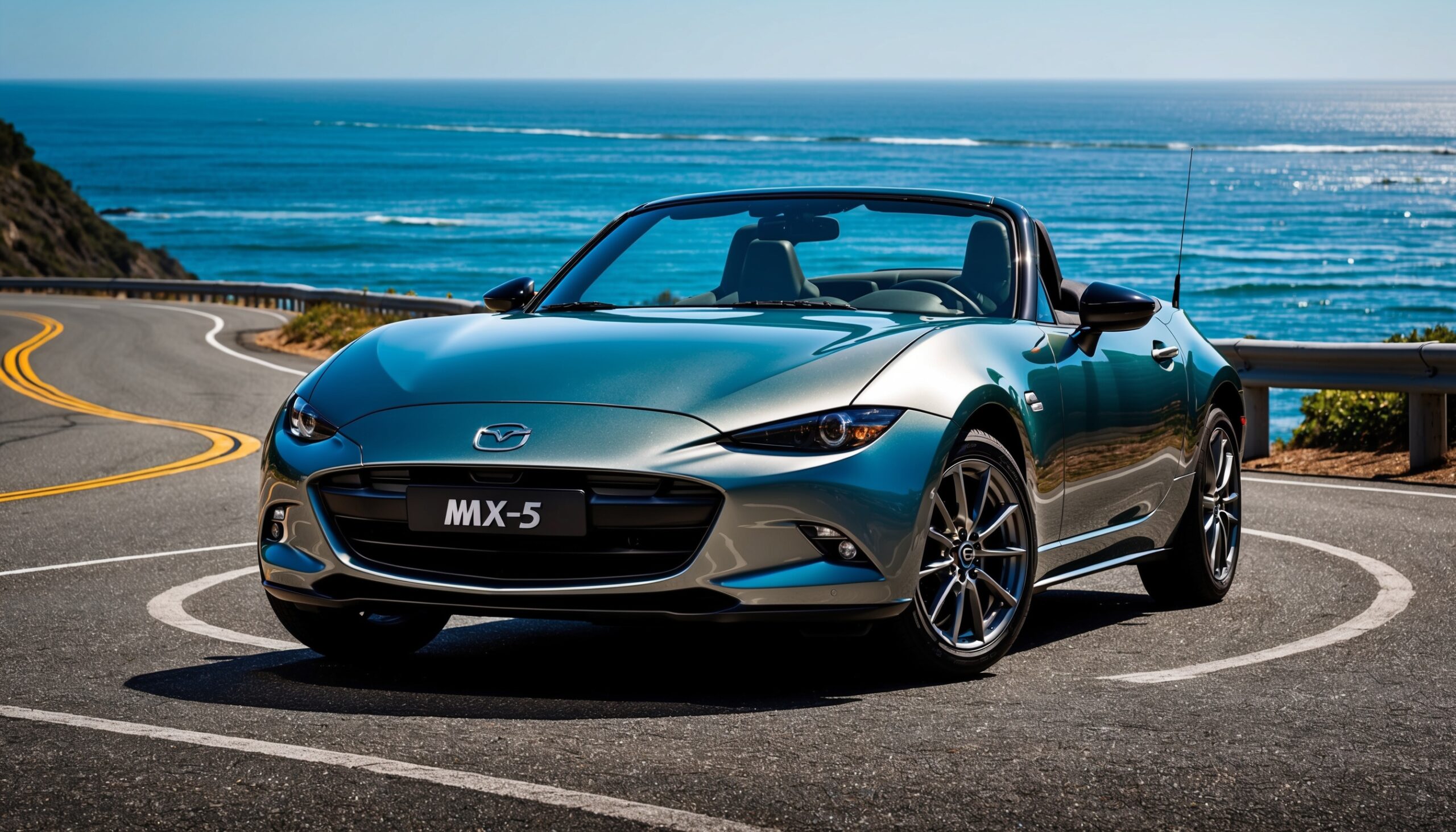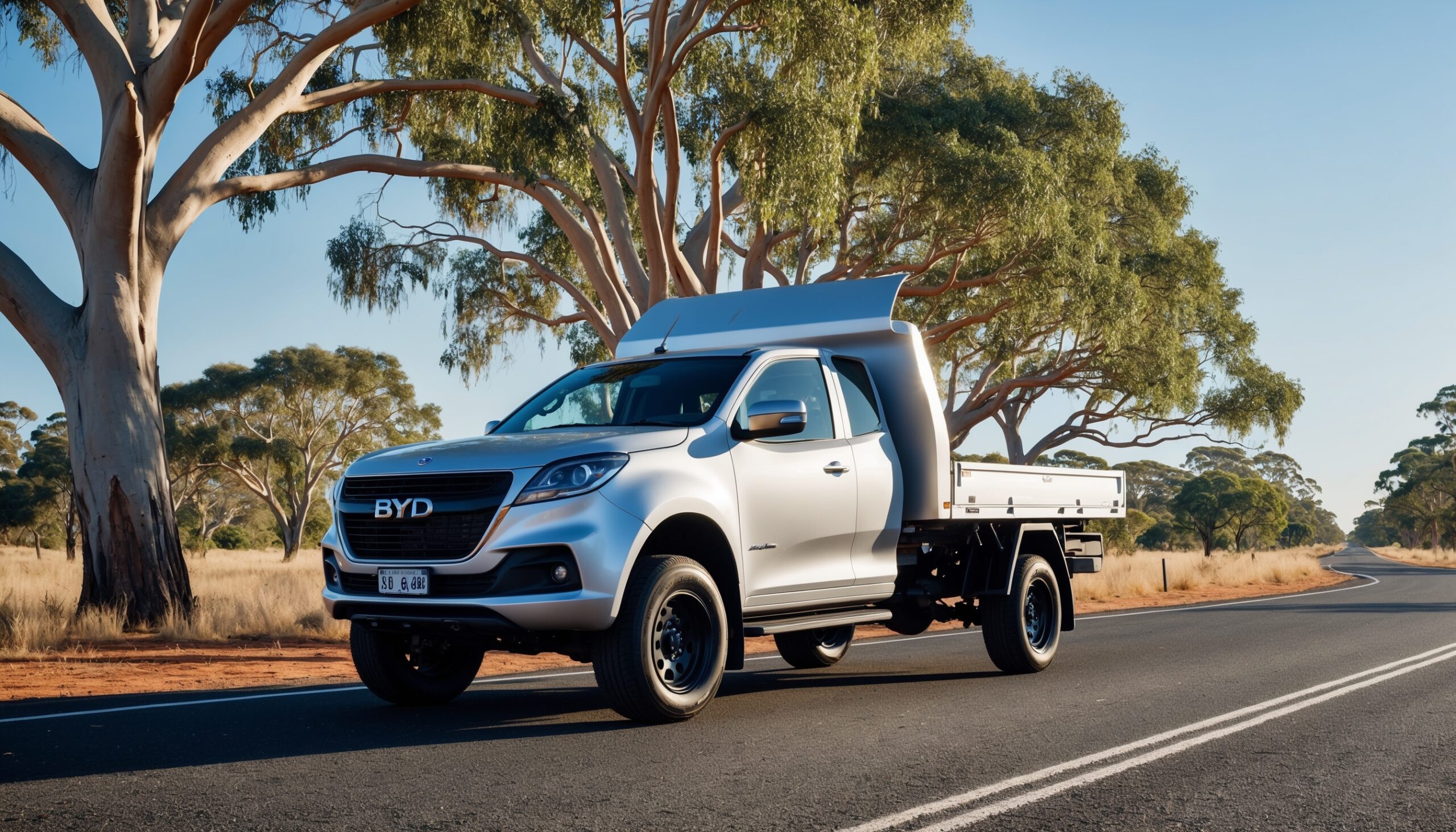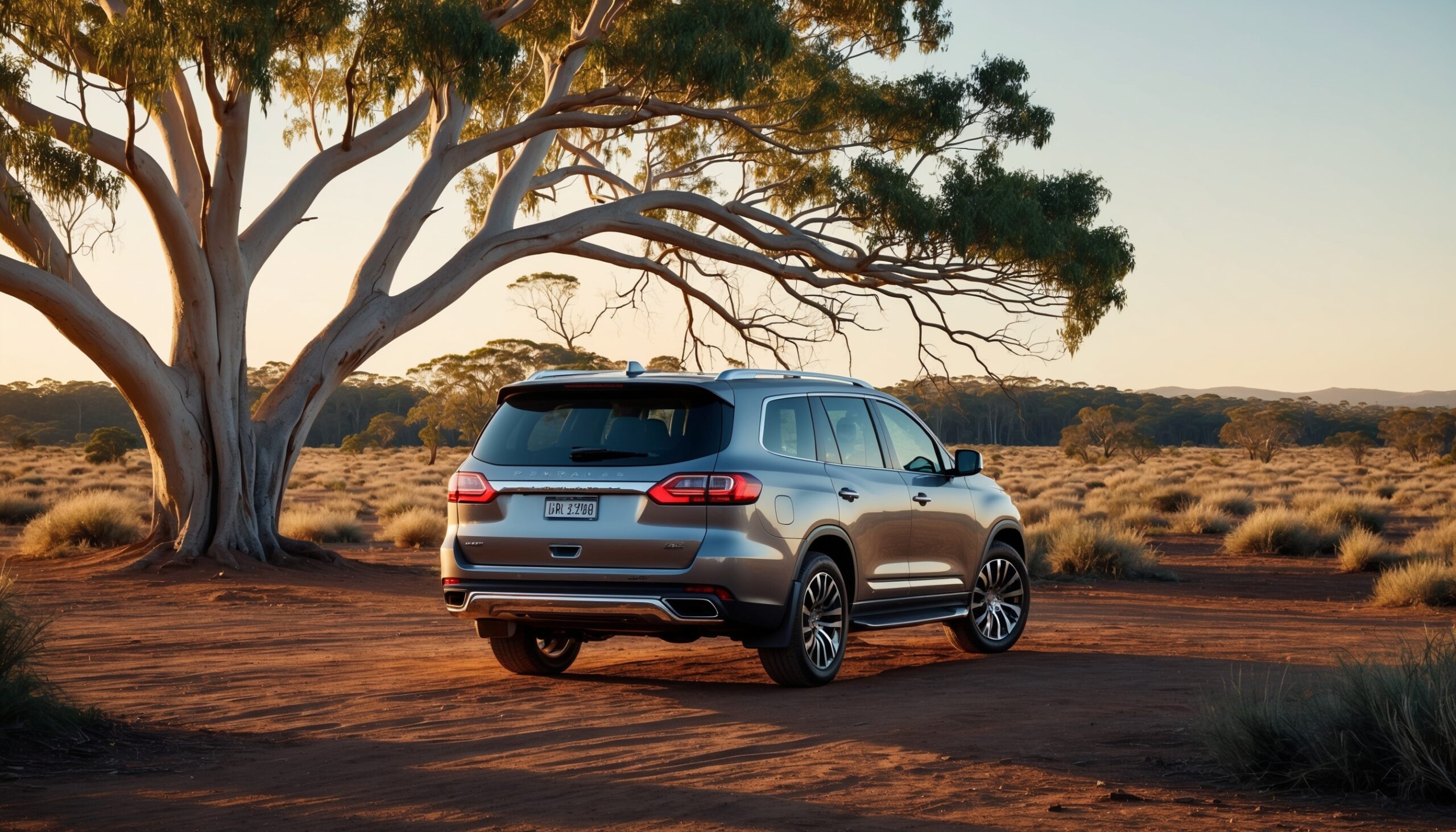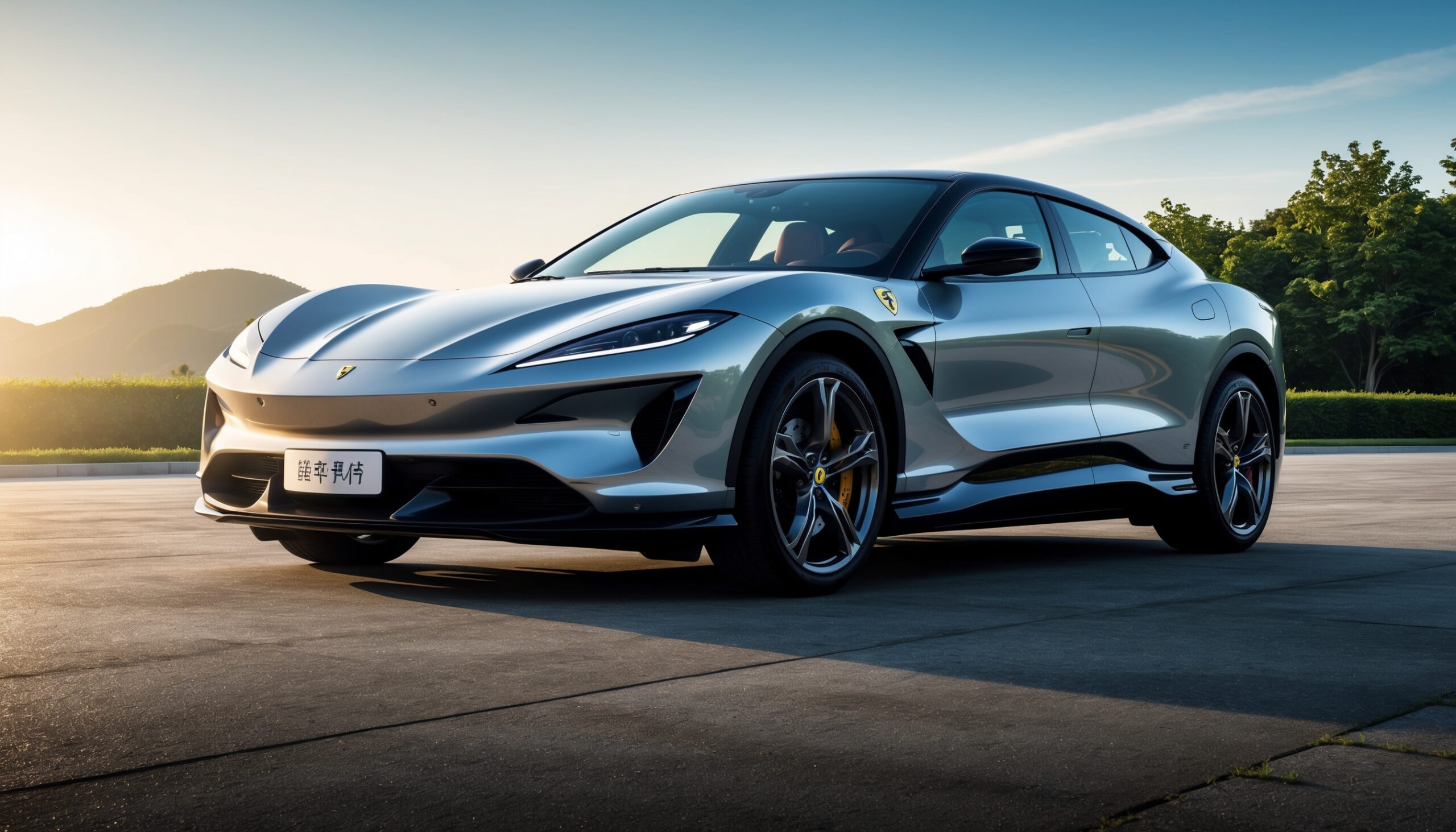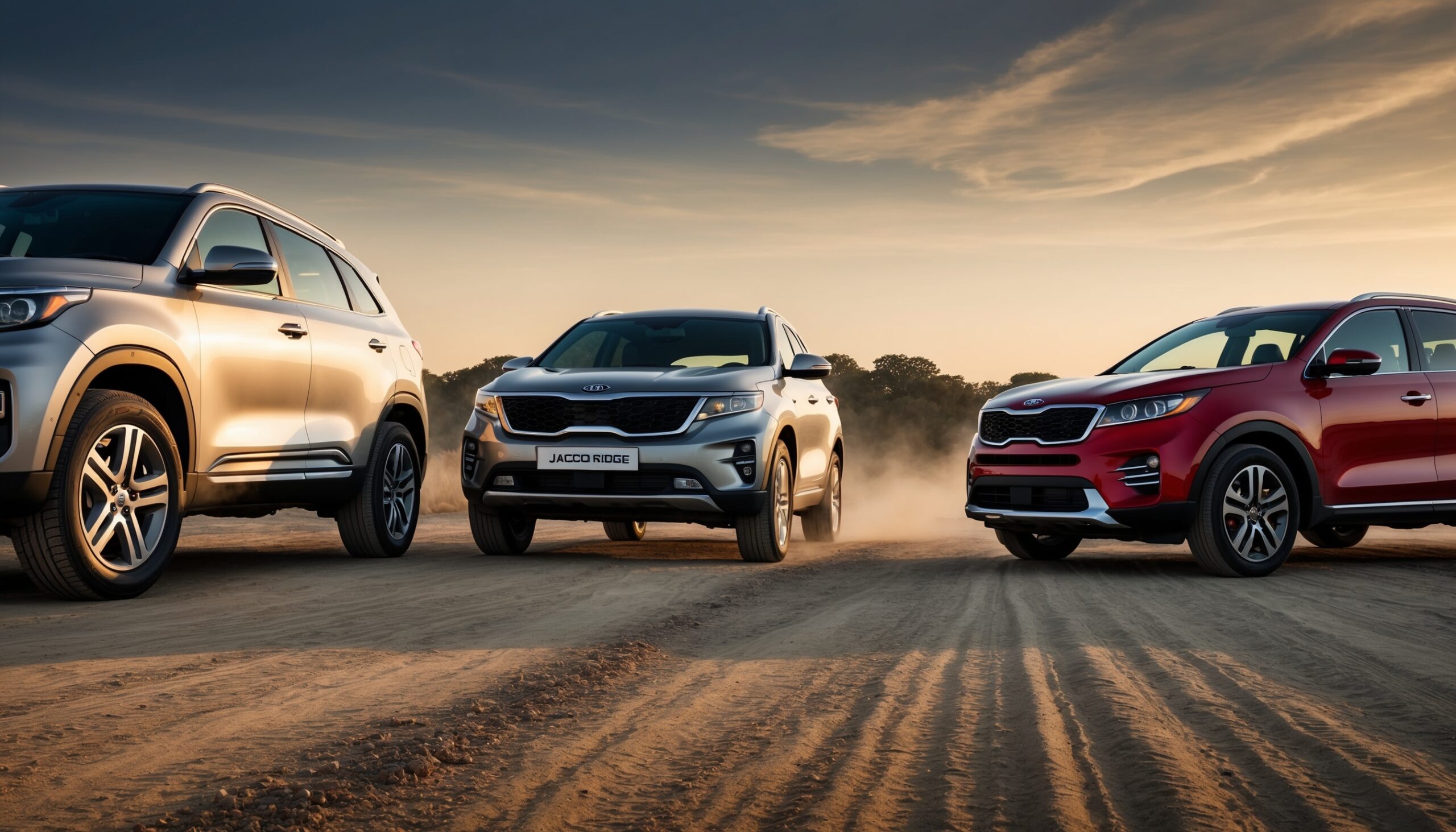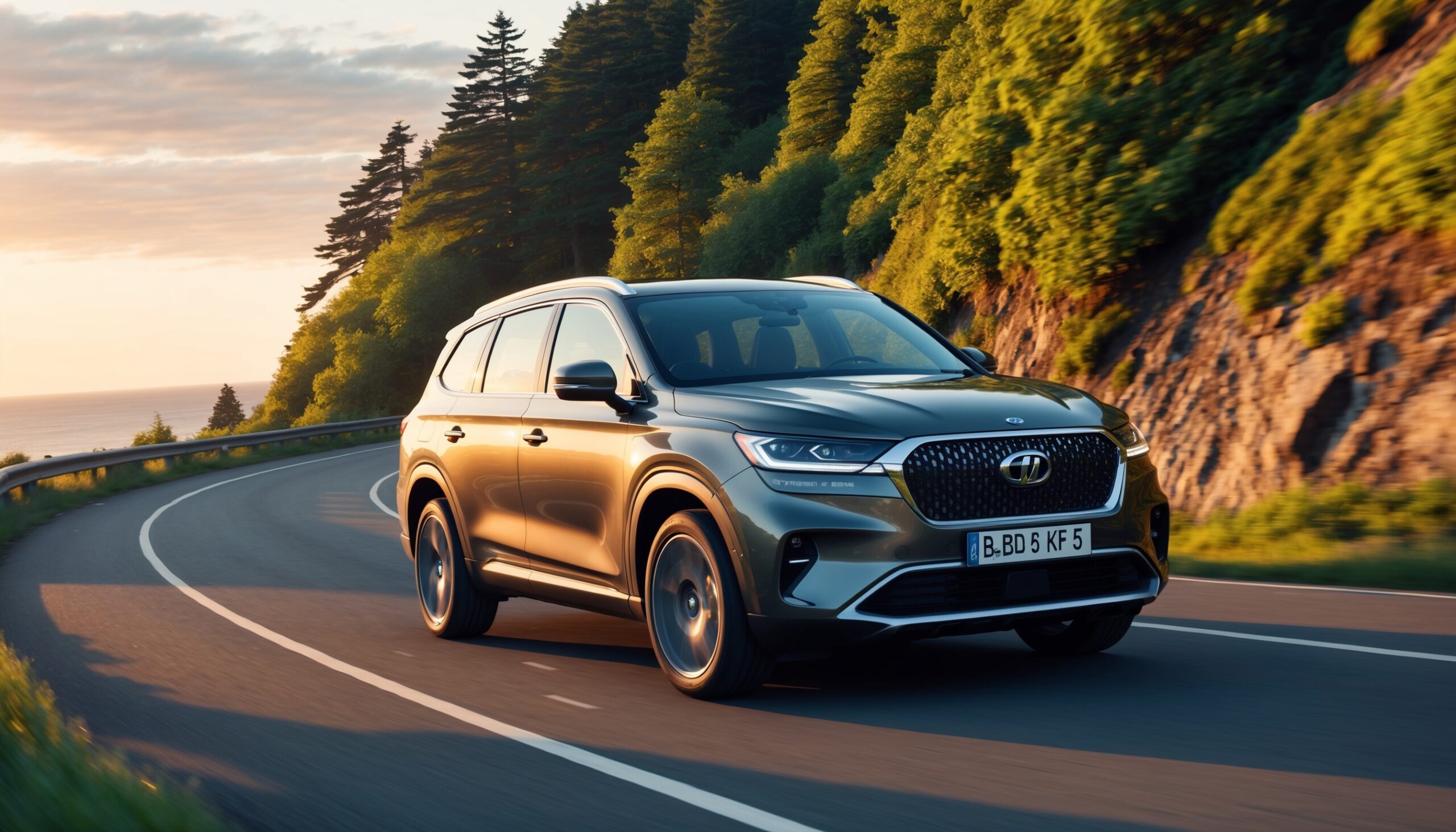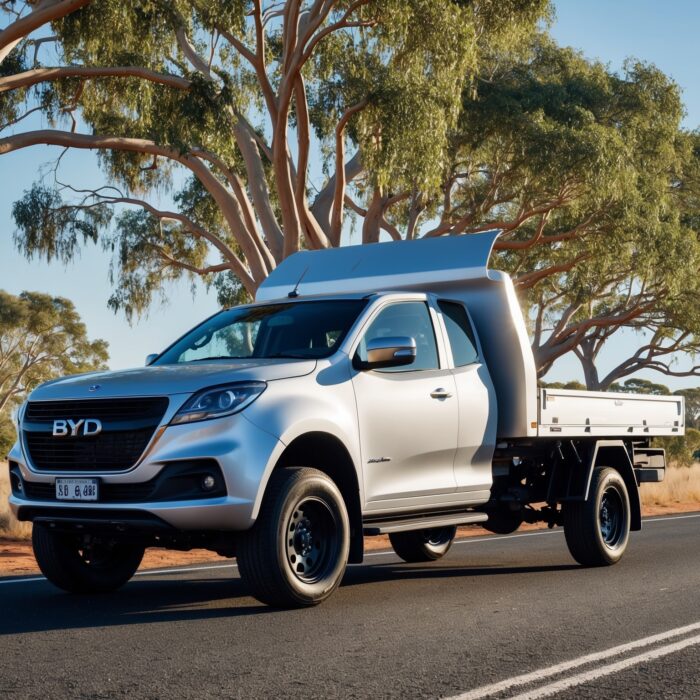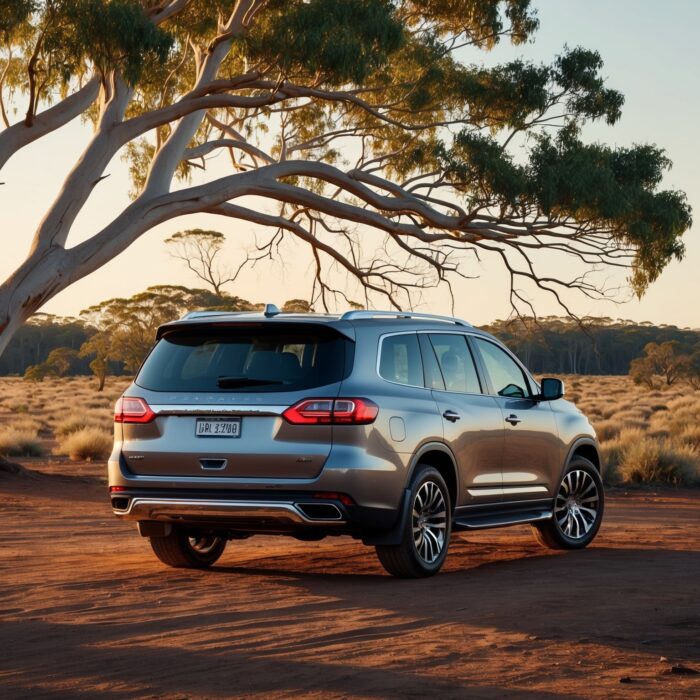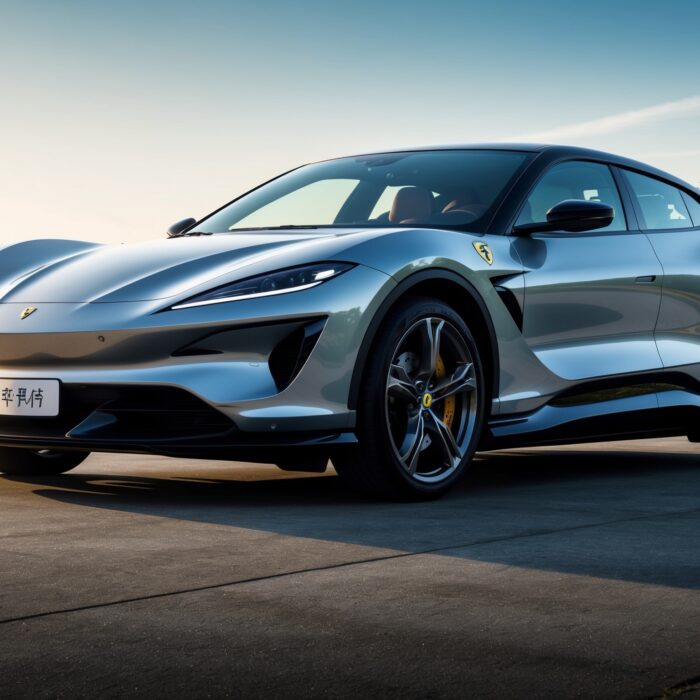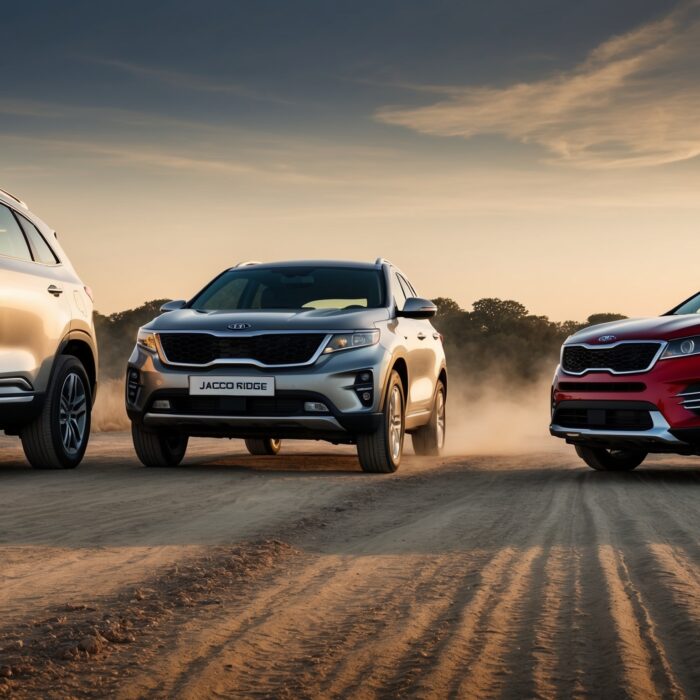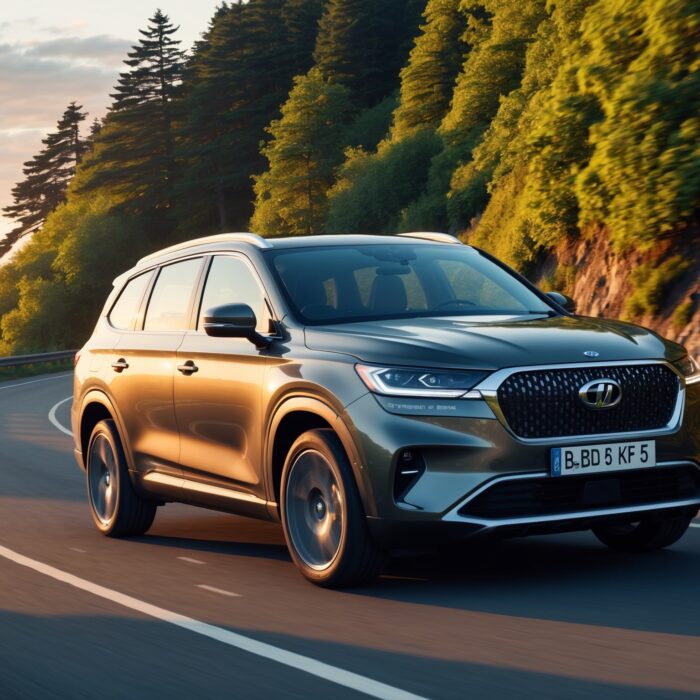Is Premium Motorcycle Gas Worth the Extra Cash or Just a Waste?
When it comes to fueling up your beloved motorcycle, the debate around premium gas versus regular unleaded can be as heated as a summer ride. As motorcycle enthusiasts, we love to delve into every aspect of our machines, from the shiny chrome to the roar of the engine. But what about the fuel that pumps life into our bikes? Is that higher-priced premium gas really worth it, or are we just throwing our hard-earned cash down the drain? Let’s dive into the nitty-gritty of motorcycle fuel options and see if we can find some clarity.
Understanding Fuel Grades
Before we can weigh the pros and cons, it’s essential to understand what we mean by premium and regular gas. Fuel grades are determined by their octane ratings. Here’s a quick breakdown of the common grades:
- Regular Gasoline: Typically has an octane rating of 87. This is the most common fuel and is often recommended for standard motorcycles.
- Mid-Grade Gasoline: With an octane rating of around 89, this is rarely necessary for motorcycles but is an option for those seeking a middle ground.
- Premium Gasoline: Usually has an octane rating of 91 or higher. This fuel is often marketed as the best choice for high-performance engines.
Why Octane Matters
Octane rating is crucial because it measures a fuel’s ability to resist knocking during combustion. Knocking, or pre-ignition, occurs when the fuel-air mixture ignites prematurely, leading to potential damage to the engine. Higher-performance motorcycles with high-compression engines often require premium gas to prevent knocking, whereas most standard bikes are designed to run efficiently on regular gas.
The Case for Premium Gas
Let’s explore why some riders swear by premium gas:
- Performance Boost: Premium fuel can provide better performance for high-strung engines. If your motorcycle has a high compression ratio, using premium gas may lead to smoother acceleration and improved throttle response.
- Cleaner Combustion: Higher octane fuels often contain additives that help clean the engine and keep it running smoothly. This can lead to less buildup of carbon deposits over time.
- Less Knocking: For bikes that are prone to knocking, premium gas can help mitigate this issue, allowing for a more enjoyable ride without worrying about engine damage.
The Argument for Regular Gas
On the flip side, many motorcyclists argue that regular gas is more than adequate for most bikes. Here’s why:
- Cost-Effective: Regular gasoline is significantly cheaper than premium. For daily riders, this can translate to considerable savings over time.
- Designed for Regular Use: Many motorcycles are engineered to run efficiently on regular gas. Using premium in these bikes may not yield noticeable benefits, making it an unnecessary expense.
- Fuel Availability: Regular gas is widely available, which can be a factor when you’re on the road in less populated areas.

What Do the Manufacturers Say?
It’s crucial to check your motorcycle’s owner manual for fuel recommendations. Manufacturers typically include specific guidelines based on the bike’s engine design. Some bikes, especially those with high-performance engines, clearly state that premium fuel is necessary. Others may recommend it but also indicate that regular gas is acceptable. Understanding your bike’s needs is essential for making a wise decision.
Also Read: Engine Block Heaters: Essential or Extra for Your Car?
Real-World Experiences
To get a better sense of whether premium gas is worth it, let’s look at the experiences of real riders:
- Rider A: Switched from premium to regular fuel in their sportbike and didn’t notice any significant performance drop. They saved money without sacrificing ride quality.
- Rider B: Owns a touring motorcycle with a high-compression engine and reports smoother rides and better fuel efficiency when using premium gas.
- Rider C: Mixed experiences; they use regular gas for everyday rides but switch to premium for long trips or when pushing the bike to its limits.
Fuel Efficiency: Does It Make a Difference?
One of the most significant factors that can sway your decision is fuel efficiency. Many riders wonder if premium gas translates to better miles per gallon (MPG). The answer can vary based on a few factors:
- Engine Type: Bikes designed for high-performance may see a slight increase in fuel efficiency with premium gas. On the other hand, standard bikes may not experience any significant change.
- Riding Conditions: How you ride plays a vital role. Aggressive riders may benefit more from premium gas, while casual riders might find regular gas does the job just fine.
- Riding Style: If you often ride at high RPMs, premium gas may help maintain your bike’s efficiency better than regular gas, which is more prone to knocking under such conditions.
Environmental Considerations
Another aspect to consider is the environmental impact. While it may not be the first thing on a rider’s mind, the type of fuel you choose does have implications:
Also Read: IMSA test at Daytona: First look at 2026 LMDh cars
- Emissions: Premium fuels often contain more detergents and additives, which can lead to cleaner combustion and potentially lower emissions.
- Resource Utilization: Regular gas is more readily available and cheaper to produce, which can be seen as a more sustainable option for everyday riding.
When to Use Premium Gas
So, when should you reach for that premium pump? Here are some scenarios where premium gas might be the right choice:
- High-Performance Bikes: If you’re riding a sportbike, cruiser, or touring motorcycle that requires or recommends premium fuel, it’s best to comply.
- Riding in Extreme Conditions: If you’re pushing your bike hard, such as during track days or in high-altitude areas, premium gas can help maintain performance.
- Engine Maintenance: If your bike has started to show signs of knocking or performance issues, switching to premium might be a temporary fix while you diagnose the problem.
When Regular Gas is Just Fine
For many riders, regular gas is perfectly fine. Here are some situations where sticking with regular is a smart choice:
- Standard Motorcycles: If your bike is designed for regular gas, there’s no need to spend extra on premium.
- Everyday Commuting: For daily rides and commutes, regular gas is cost-effective and efficient.
- Budget Constraints: If you’re looking to save money, regular gas allows you to fill up without breaking the bank.
Final Thoughts on Premium vs. Regular Gas
Ultimately, whether premium motorcycle gas is worth the extra cash comes down to a few critical factors: the type of bike you own, your riding style, and how much you’re willing to spend for potential benefits. If your motorcycle thrives on premium, it’s a no-brainer to invest in it. However, if you find that regular gas performs just as well for your needs, you might be better off saving the extra cash for your next upgrade or a weekend ride.
At Torque Feed, we believe that knowledge is power when it comes to making informed decisions about your motorcycle. So, take a moment to assess your bike, your riding habits, and your wallet before making that next fuel purchase. Happy riding!

